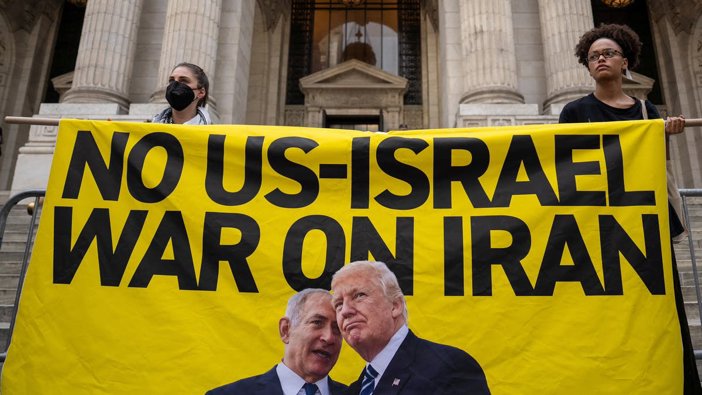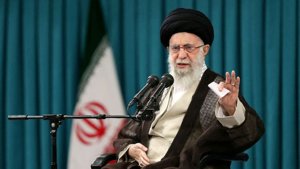
Senate Divided as Trump Faces GOP Rift Over Iran Strike
Senators clash over war powers as Trump weighs Iran strike, sparking GOP division and debate over America First policy.
Senate War Powers Clash as Trump Weighs Iran Strike
The U.S. Senate is embroiled in a high-stakes debate over constitutional war powers as President Donald Trump contemplates joining Israel in military action against Iran or pursuing renewed diplomacy. The intensifying standoff has revived fundamental questions about the balance of power between Congress and the White House, and is exposing rare divisions within Trump’s MAGA base and the broader Republican Party.
At issue is whether only Congress holds the authority to declare war or whether the president can independently order strikes. Lawmakers have introduced resolutions in both the Senate and House requiring debate and a vote before any military action is taken against Iran, seeking to check executive power and reaffirm Congress’s constitutional role. The War Powers Act of 1973 further outlines the limits and notification requirements for presidential military action, though Congress has not formally declared war since World War II.
Senator Rand Paul, R-Ky., was emphatic, stating, “There is no constitutional authority for the president to bomb anyone without asking permission first.” Paul expressed hope that Trump’s “instincts for restraint” would prevail and called for strict adherence to the Constitution. However, others, including Senate Majority Leader John Thune, R-S.D., said Trump is “perfectly in his right to do what he’s done so far,” and underscored the urgent goal of preventing Iran from obtaining a nuclear weapon. Senator John Kennedy, R-La., described the constitutional question as “clouded,” noting the realities of congressional gridlock versus executive action.
Sen. Tim Kaine, D-Va., who introduced a war powers resolution this week, said recent developments have underscored the urgency of reaffirming congressional authority. “Some Republicans would very much want to be in the middle of hostilities with Iran,” Kaine observed, but argued that few would take the political risk of formally authorizing war, preferring the president act alone.
Trump Faces MAGA Division Over Iran Policy
Amid these legislative debates, President Trump is also contending with growing divisions among his most ardent supporters. With Israel and Iran locked in days of cross-border hostilities, some top MAGA voices and America First conservatives have warned that U.S. involvement could betray Trump’s pledge to keep the nation out of foreign wars. Notable critics include conservative commentator Tucker Carlson and Representative Marjorie Taylor Greene, while figures such as Vice President JD Vance have publicly defended the president’s approach and urged trust in his judgment.
Trump has sought to downplay the dissent, asserting, “My supporters are more in love with me today,” and reiterating his longstanding stance that “Iran cannot have a nuclear weapon.” He emphasized that any action taken would serve the American people’s goals and that his base does not support Iran acquiring such capabilities. However, analysts note that Trump’s transformative influence on the GOP has produced a new coalition, one now strained by the risks of deeper military entanglement in the Middle East.
As Congress debates war powers and Trump weighs his next move, the stakes for American foreign policy, constitutional governance, and party unity remain high. The coming days are expected to bring continued debate on Capitol Hill and in the broader public, as lawmakers, the administration, and the MAGA base navigate the complexities of war authority and national security.






